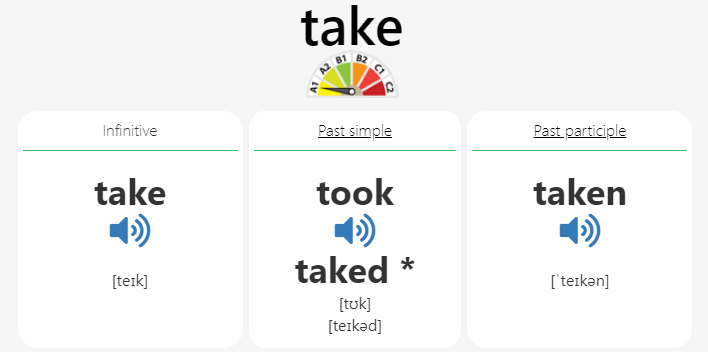The negative form of the irregular verb BE in English is used to indicate the absence or non-existence of a person, thing, or situation. In this blog post, we will go into depth on how to form negative sentences with the verb BE in different tenses, as well as provide some examples. The use of… Continue reading Negative form of the BE verb
Negative form of the BE verb
10/10 - (2 votes)


